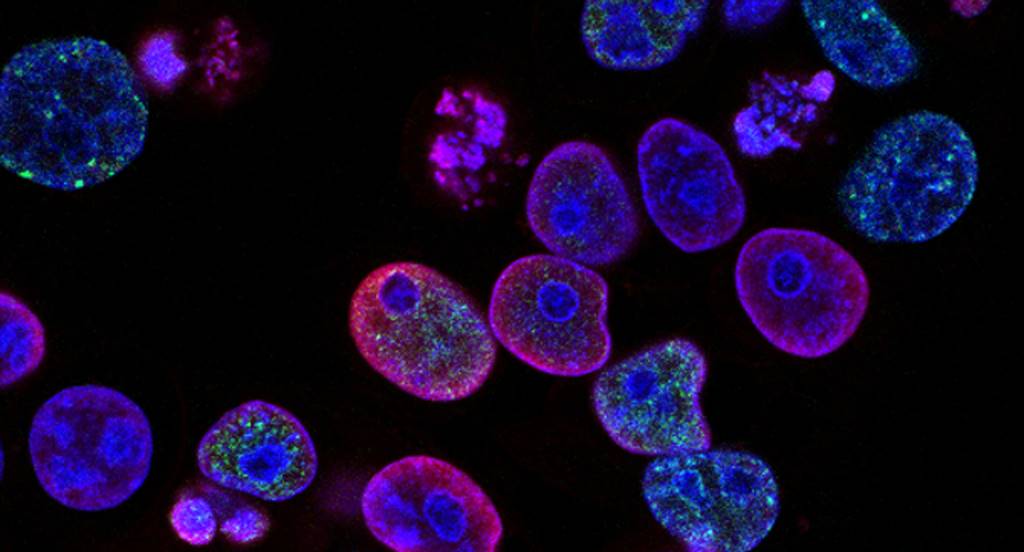Cervical cancer screening is mostly a part of women’s regular health checkups. It helps in detecting cervical cancer at an early stage. There are basically two kinds of tests; the Pap test and the HPV test. For both, the doctor or nurse gathers cells from the surface of the cervix. With the Pap test, an expert checks the sample for cancer cells or unusual cells that could possibly become cancer later. With the HPV test, an expert check for any sign of HPV infection. It is a virus that spreads through sexual activity and can sometimes result in cancer. Therefore, below mentioned screening recommendations apply to most women.
- Age 21 to 29: Get a pap test done once every three years
- Age 30 to 64:
- Pap test and human papillomavirus (HPV) test after every five years OR
- Pap tests in every three years
- Age 65 or older: There is no requirement for supplementary exams if you’ve had no abnormal Pap or HPV test results in the last ten years.
Exams for women at increased risk
Most women at increased risk have a higher chance of developing cervical cancer. Thus, you’re at increased risk for cervical cancer when you come under the following categories:
- History of extreme cervical dysplasia, which is a precancerous condition.
- An immune system that doesn’t perform suitably, like organ recipients and those consuming medications to subdue their immune system.
- Constant HPV infection after the age of 30.
- Diethylstilbestrol (DES) exposure before birth.
- History of the human immunodeficiency virus (HIV)
Factors causing Cervical Cancer
Some cases of cervical cancer are caused by infection with HPV. This virus enters cervical cells and can cause them to change. Most kinds of HPV have been connected to cervical cancer and other cancers like mouth, vagina, vulva, throat, penis, and anus. Thus, kinds of HPV that may result in cancer are called ‘high-risk kinds.’ These and other kinds of HPV can be communicated from one person to another during sexual intercourse. Moreover, HPV is extremely common, and some sexually active people will get an HPV infection in their life. It usually shows no signs or symptoms, which means most people don’t notice or know they’re infected. Just consult your trusted doctor and get regularly tested by the cervical cancer screening test.

